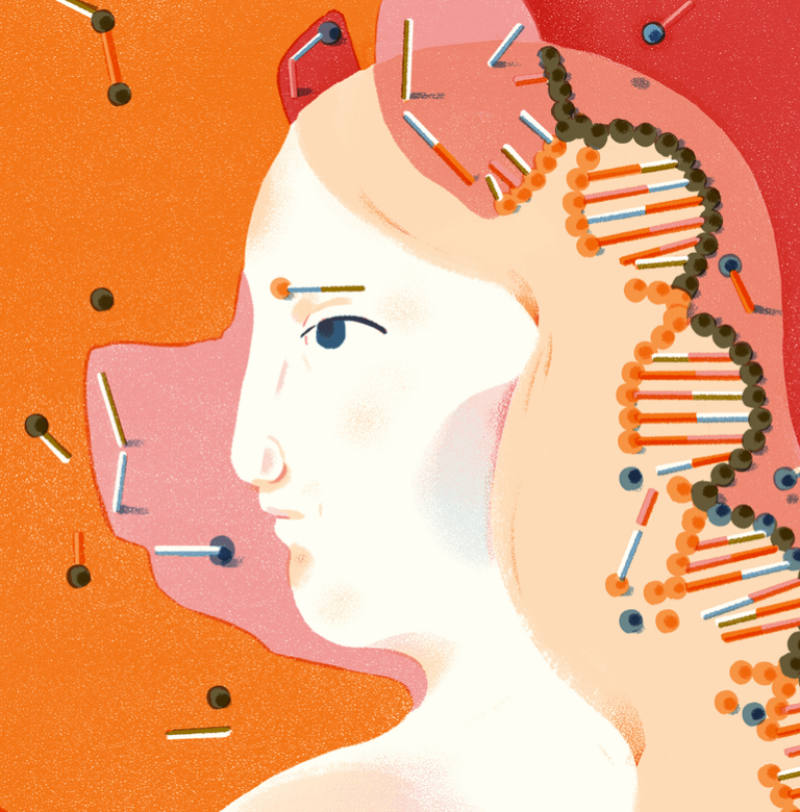If we had a cheap and unlimited supply of healthy organs for transplant, it wouldn’t just transform the lives of desperately ill people [waiting] for organs…It could [also] become normal to have 80-year-olds running around with organs as healthy as those of people a quarter their age.
[However,] the prospects for a plentiful supply of cheap, healthy organs don’t look great…[But t]here is…[another] possibility: growing human organs inside animals.…
Yes, there are clearly serious ethical issues with this approach…But we don’t need to take any chances. If studies…show that human cells do get into a pig’s brain, there are various way we could stop this from happening…
…
The good news is that [the NIH] is consulting the public about its proposals and could reverse its funding ban…depending on the outcome.
We should all back this kind of research…Sure, it’s far too soon to know whether human-animal chimeras really can help solve the transplant crisis – but the potential is so enormous that it would be very wrong not to find out.
Access to article requires free registration to New Scientist online.
The GLP aggregated and excerpted this blog/article to reflect the diversity of news, opinion and analysis. Read full, original post: Human-animal chimeras may be key to us living healthier lives































